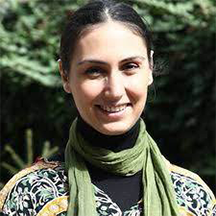The environmental impact of foreign direct investment in MENA
Are countries in the Middle East and North Africa ‘pollution havens’ when it comes to foreign direct investment (FDI) – or do they merit a ‘pollution halo’? This column reports evidence on how the quality of economies’ institutions and human capital influences the environmental impact of FDI.


